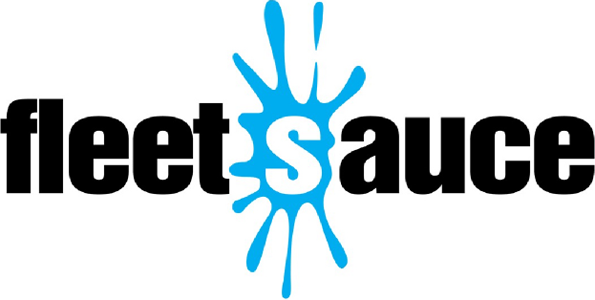New start company leasing

No matter how long you have been trading for you can apply to lease a car!
Starting a new business is tough, and we get that at Fleetsauce.
This understanding drives us to offer assistance that's tailored to benefit both you and your business.
A company vehicle or a fleet of vehicles is essential for many businesses, but they come with a lot of red tape that is difficult to unravel.
Then there are the more general costs of ownership to consider.
Fortunately, for clever new business owners, there are huge tax savings to be had not just from choosing the right car but also in how that car is financed.
Why Should You Lease If You Can?
You can claim back all the VAT on your monthly payments as long as you use it for work purposes. Even if you also lease it for personal use, you can still get 50% relief.
Leasing a car will be cheaper than using your own car for company car drivers who pay a benefit-in-kind (BIK) tax to use their vehicle. The savings will be even higher for leasing the latest models that don’t emit CO2.
Another lesser-known benefit is that VAT can be reclaimed on maintenance packages taken out for the car even if it is used privately as well as for business purposes.
Leasing and buying hold their own advantages but is important to understand them to see what will benefit you and your business the best. Leasing a car involves renting the vehicle for a set period, typically two to four years, while buying a car involves purchasing the vehicle outright.
Leasing is usually a better option for new businesses because it usually requires less money upfront and lower monthly payments compared to buying a car. Add to this that all but the most sought-after cars are a depreciating asset, and this is something lenders will consider in both leasing and purchasing. So, as a new business owner leasing rather than buying a new car not only avoid this depreciation by opting, but you can also benefit from claiming the lease costs as business expenses.
Am I eligible for finance?

Lender requirements for new business leasing
Reputable lenders will have their own requirements for your business to provide evidence of its viability and ability to meet payments.
Typically, as the business owner or director, you will be asked to provide the following:
- Business details - including company name, address, registration number and annual revenue
- Director’s full name, date of birth and marital status
- Business bank details - including name of the bank, account number and sort code
Additional documents may be required if the business has been trading for less than 2 years. This may include the following:
- 3 months’ business bank statements and/or audited accounts
- Management accounts
- A director’s guarantee to continue paying for the lease car if a limited company can no longer meet the payments
One way that makes it easier for a new business to finance a vehicle lease is to pay a higher initial rental or depending on the company you use there may be higher interest payable.
What makes us different when it comes to new business leasing?
We take the time to get to know your business through in-depth discussions. Understanding your forecasts and customer base helps us tailor our support to your needs. With our team's extensive experience in assisting new businesses, we're confident in our ability to guide you through the process. We're here to help, and we're more than happy to chat with any business looking for support.
What you need to provide
- Website Link
- Business Plan
- Opening Balance Sheet (to prove any cash or opening investment in the business)
- Business Bank statements (last 3 months standard)
- Order bank / confirmed orders or income – to prove sustainability
- Forecast
- Management accounts if applicable for opening trading months (P&L & Balance sheet)
- Availability of directors guarantees (See statement of assets & liabilities form)
 Expert Advice
Expert Advice  Competitive Prices
Competitive Prices Road Tax & Roadside Assistance
Road Tax & Roadside Assistance Free National Delivery
Free National Delivery Full Manufacturer’s Warranty
Full Manufacturer’s Warranty





